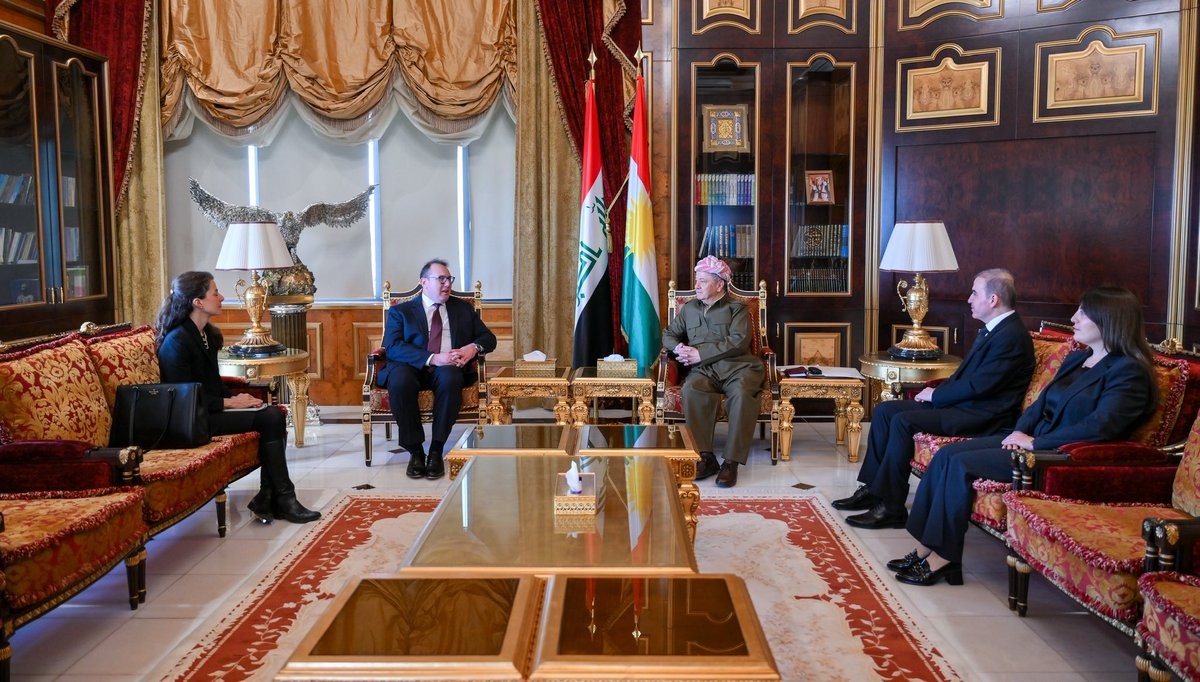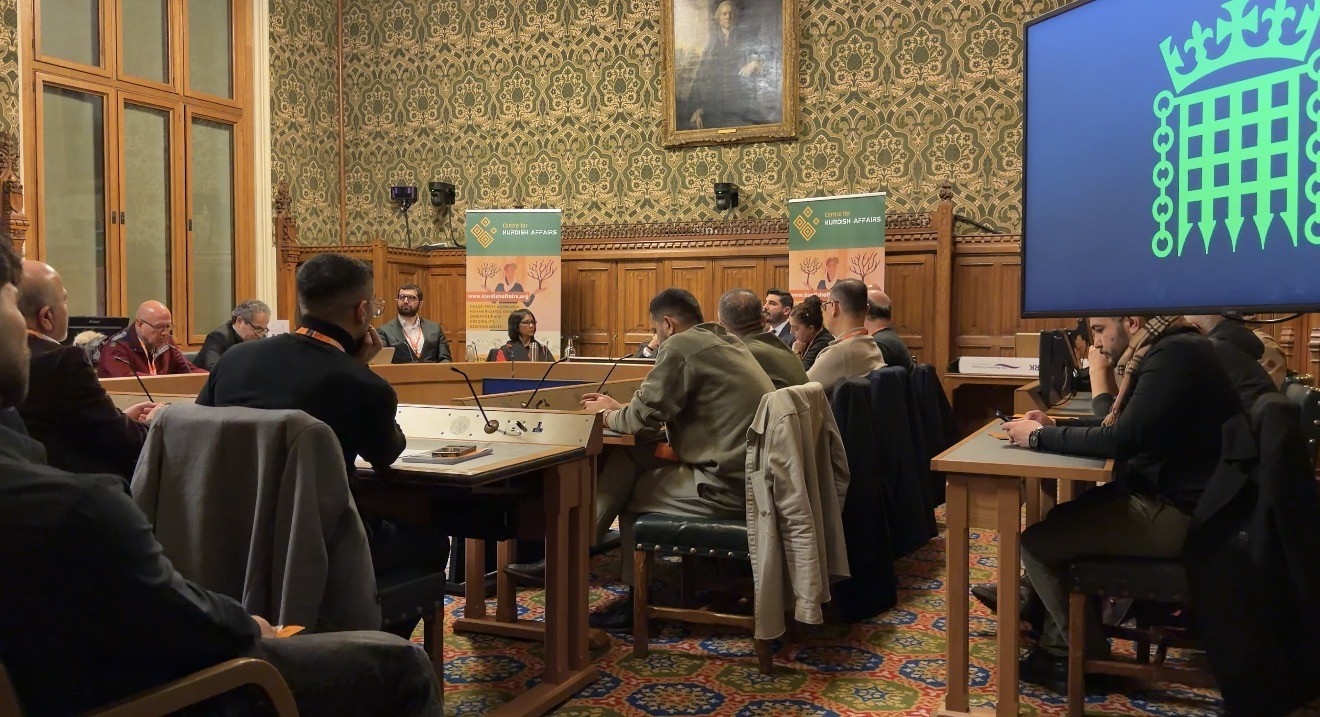October 9th marked the third anniversary of the Sinjar Agreement between Erbil and Baghdad, a deal that remains mere ink on the paper with hundreds of thousands of Yezidis remaining displaced from their homes.
The Sinjar agreement was signed in 2020 with the hope of normalizing the situation in the predominantly Yezidi town where different actors with separate agendas seek their own interest in the turbulent region.
While one could count multiple reasons for the deal to remain unimplemented, Yezidi military commander Haider Shasho believes that some parties to the agreement are reluctant as they benefit from the current unresolved situation.
“If the agreement is ever implemented, some people will have to go on trial. That’s why I believe that the agreement will not be implemented in any near future,” Shasho explained during an interview with Kurdistan 24 news channel.
The Sinjar agreement comprises six key points: the election of a new mayor; placing Sinjar's administration fully under the control of the federal government of Iraq; the formation of a 2,500-men Yezidi military unit to safeguard the region; the removal of the Kurdistan Workers’ Party (PKK) and its affiliated groups; ensuring that the PKK does not infiltrate the new Yezidi military unit; and collaborative efforts by Erbil and Baghdad to rebuild Sinjar and facilitate the return of its residents.
The delay in implementing the Sinjar agreement has also concerned the United Nations. During a meeting at the UNSC in May this year, Secretary General Special Representative to Iraq Jeanine Hennis-Plasschaert expressed "disappointment that little to no progress has been made.”
“This is despite the repeated declarations of commitment. To state the obvious: such stagnation creates further space for spoilers (of different backgrounds and affiliations) to exploit the situation to their own ends. And, it blocks thousands of displaced Sinjaris from returning to their areas of origin,” she told the Security Council back then.
Marking the ninth anniversary of the Yezidi genocide at the hands of the Islamic State (ISIS), Kurdistan Region Prime Minister Masrour Barzani, along other Kurdish leaders, renewed a call on Baghdad to take serious actions and implement the Sinjar Agreement.
“Situation in Sinjar has not been normalized after nine years as militia forces and outlawed groups had imposed themselves on the area, to which the Yezidi sisters and brothers have not returned,” the prime minister said in an official statement.
ISIS in August 2014 attacked Sinjar and nearby villages, killing at least 5,000 Yezidis as well as enslaving 6,000 women and minors. Around 400,000 others were displaced by the attack.
The majority of those who survived the massacre took refuge in the Kurdistan Region, and despite their home towns having been liberated since 2017, most of them are still reluctant to return home for the unstable situation at the hands of different armed groups.

